An Interdisciplinary Team
of Highly Accomplished Experts
1+1+1 > 3: Forging a Strong Team
Reflecting the complementary expertise of the three lead scientists, the SolBat team integrates outstanding know-how and skill sets ranging from computational and AI-based modeling and simulation to materials synthesis, characterization and processing. The scientists located at the three home affiliations of the lead scientists will be complemented by dedicated experts on automation, high-throughput experimentation, and device design at the Campus Garching to establish the self-driving AI laboratory.
Prof. Dr. Bettina V. Lotsch FRSC
Bettina Lotsch’s research integrates solid-state, molecular, and nanochemistry to enable the rational design of new multifunctional materials for energy conversion and storage. Current interests focus on developing reticular framework materials for (photo)electrocatalysis, solid electrolytes for next-generation batteries, and pioneering optoionic concepts such as “dark” photocatalysis, photomemristive sensors, and solar batteries.
Highlights:
- Director, Nanochemistry Department, Max Planck Institute for Solid State Research
- Honorary Professor, LMU Munich and U Stuttgart
- Fellow of the Heidelberg Academy of Sciences and Humanities
- Executive Board Member, DFG Excellence Cluster e-conversion
- Gottfried Wilhelm Leibniz Award 2025
Prof. Dr. Karsten Reuter
Karsten Reuter’s research lies at the interface of physics and chemistry with computing sciences and artificial intelligence. He develops and employs predictive-quality multiscale models, advanced data science techniques and machine learning to understand and tailor energy conversion devices from the molecular level up to the entire reactor or battery.
Highlights:
- Director, Theory Department, Fritz-Haber-Institut der MPG
- Distinguished Affiliated Professor, TUM
- Honorary Professor, FU Berlin and HU Berlin
- Scientific Director, BasCat Unicat-BASF Joint Lab, Berlin
- Executive Board Member, DFG Excellence Cluster e-conversion
Prof. Dr. Jennifer L.M. Rupp FRSC
Jennifer Rupp’s research centers on solid-state electrochemical materials and devices, addressing all aspects from material design and processing techniques up to novel device prototypes, their operation and characteristics. Device types addressed include batteries, fuel cells, lithionic, opto-ionic and strain-modulated sensors, energy and computing devices, sustainable waste or waste heat operated thermal and redox flow batteries, and bio-fuel cells.
Highlights:
- Professor, Department of Chemistry, TUM
- Fellow, Fritz-Haber-Institut der MPG
- Member of the National Academy Leopoldina
- CTO of TUMint.Energy Research GmbH
- Spokesperson, DFG Excellence Cluster e-conversion 2.0
Members of our Research Team
Dr. Bibhuti Bhusan Rath
Postdoc

Dr. Christian Carbogno
Scientific Staff

Dr.
Yu-Te Chan
Postdoc

Lukas Schrödinger
PhD Student
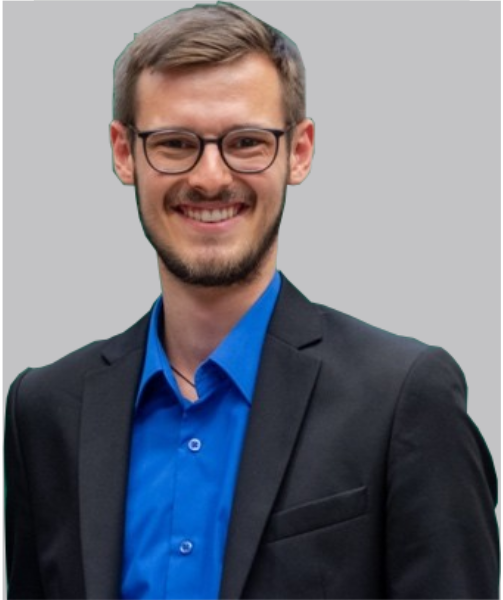
Sven Reetz
PhD Student

Dr. Christian Kunkel
Coordinator
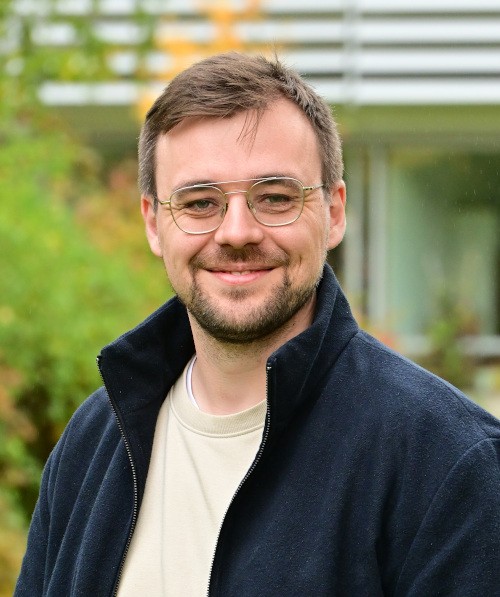
Christoph Dähn
PhD Student

Heewoo Seo
PhD Student

Lydia Fichte
PhD Student

Youngseon Jeon
PhD Student

Dr. Matthias Kick
Scientific Staff

Dr. Maximilian Plass
Coordinator, SolBat Center

Dr. Matteo Rinaldi
Postdoc

Dr. Christoph Scheurer
Scientific Staff

Dr. Christian Schneider
Scientific Staff

Leon Moritz Müller
PhD Student

Matías Wegner
PhD Student
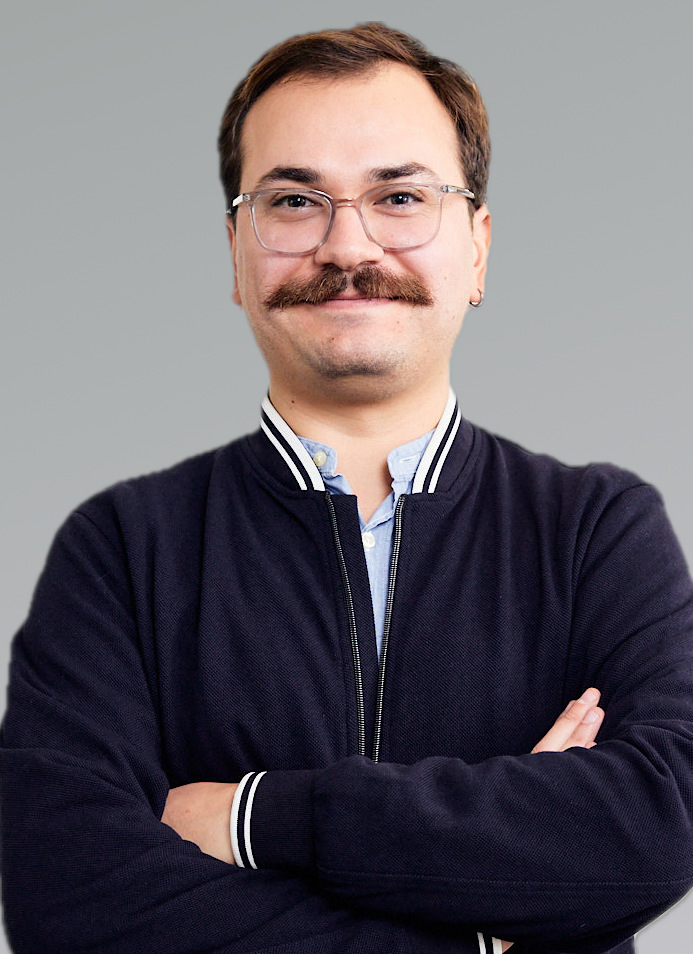
Antonia Gyger
PhD Student
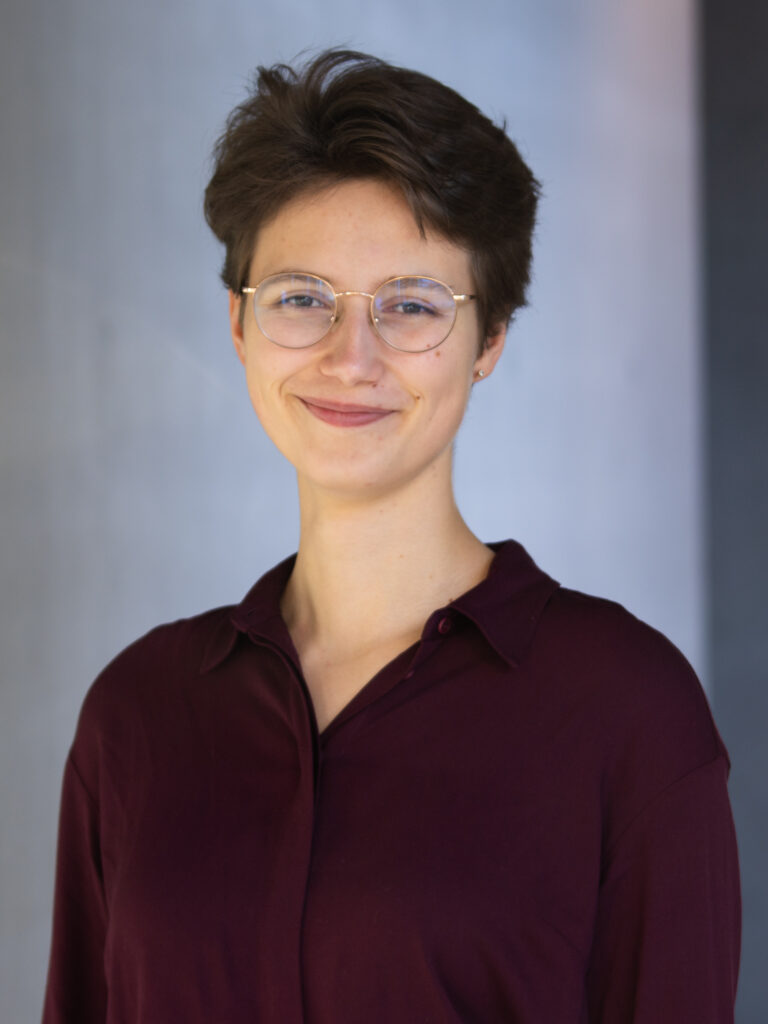
Daria Ustimchuk
PhD Student

Dr. Yang Wang
Postdoc

Julia Sinisi
PhD Student

Tim Wandke
PhD Student
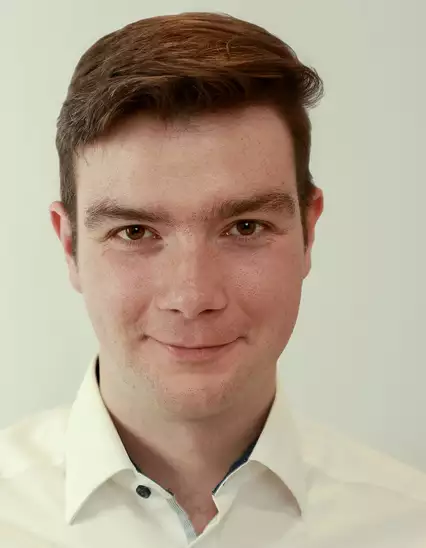
Julia Knapp
PhD Student
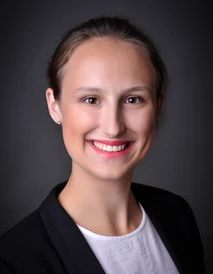
Dr. Fran Kurnia
Postdoc
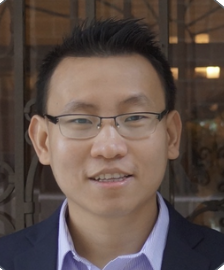
Dr. Xue Wang
Postdoc
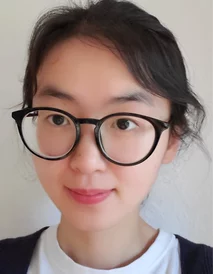
Dr. Rohit Rohit
Postdoc
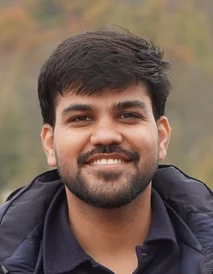
Dr. Shravan Kousik
Postdoc
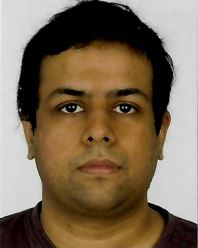
Teasers of our Work
Identification of photo-enhanced ionic conductivity across grain boundaries as novel optoionic effect in polycrystalline ceramics.
T. Defferriere, D. Klotz, J.C. Gonzalez-Rosillo, J.L.M. Rupp, H.L. Tuller
Nature Materials, 21, 438–444 (2022)
First realization of an integrated, fully earth-abundant solar battery which leads to energy improvements of 94% under illumination.
A. Gouder, F. Podjaski, A. Jiménez-Solano, J. Kröger, Y. Wang, B.V. Lotsch
Energy Environ. Sci. 16, 1520–1530 (2023)
Role of the human-in-the-loop in emerging self-driving laboratories for heterogeneous catalysis.
C. Scheurer, K. Reuter
Nature Catal. 8, 13 (2025)
Reach out to the Team
If you want to know more about the team, individual research, or have a request for collaboration, feel free to contact one of us:








